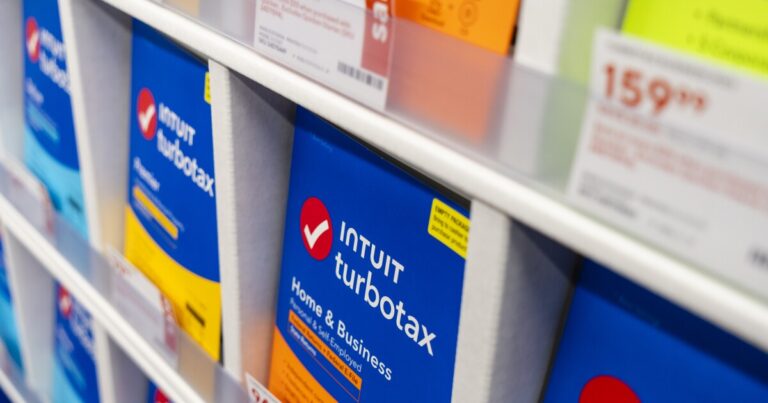
Intuit reported strong third-quarter growth, with total revenue of $7.8 billion, an increase of 15%. Within this revenue growth, Intuit’s Credit Karma grew the most, raking in $579 million during the third quarter, a 31% increase, driven by credit cards, personal loans and car insurance.
With this growth in mind, Intuit is optimistic about its future prospects and has raised its full year guidance for FY2025 as a result. The company now expects to end the year with $18.760 billion, which would represent a roughly 15% annual growth, higher than the previously expected 12-13% growth. GAAP operating income is expected now to grow 35% versus the previously anticipated 28-30%; non-GAAP income, similarly, is anticipated to grow 18% versus 13-14%.
Business solutions revenue is expected now to grow about 16%, the consumer group is expected to grow about 10% (versus 7-8% previously), the ProTax group is expected to grow 3-4% and Credit Karma is expected to grow 28% (versus 5-8% previously).
Within the consumer group specifically, TurboTax Live is expected to grow 47%, to $2 billion; TurboTax Online is expected to grow about 6% on share gains and average revenue per return is expected to grow 13% as more customers choose assisted offerings. Meanwhile, the number of customers who use TurboTax for free is expected to go down from 10 million last year to 8 million this year.
Intuit CEO Sasan Goodarzi attributed this rapid growth to its AI investments.
“We have exceptional momentum with outstanding performance across our platform. We’re redefining what’s possible with AI by becoming a one-stop shop of AI-agents and AI-enabled human experts to fuel the success of consumers and small and mid-market businesses,” Goodarzi said in a statement. “We had an outstanding year in tax, including a significant acceleration in TurboTax Live revenue growth as we disrupt the assisted tax category.”
The news comes after the announcement that the IRS Direct File program is likely shutting down after just one year in existence. The program had been the subject of intense criticism from both conservative lawmakers as well as tax prep software companies (via their Coalition for Taxpayer Rights, which represents retail tax preparation and tax software companies and financial institutions) on the basis that the program was unnecessary in light of free file programs offered by public entities, as well as a general distrust of the IRS. Direct File had the potential to undermine software like TurboTax by offering a free service that could have competed with Intuit.


